Vietnam sees a low rate of technology transfer from FIEs
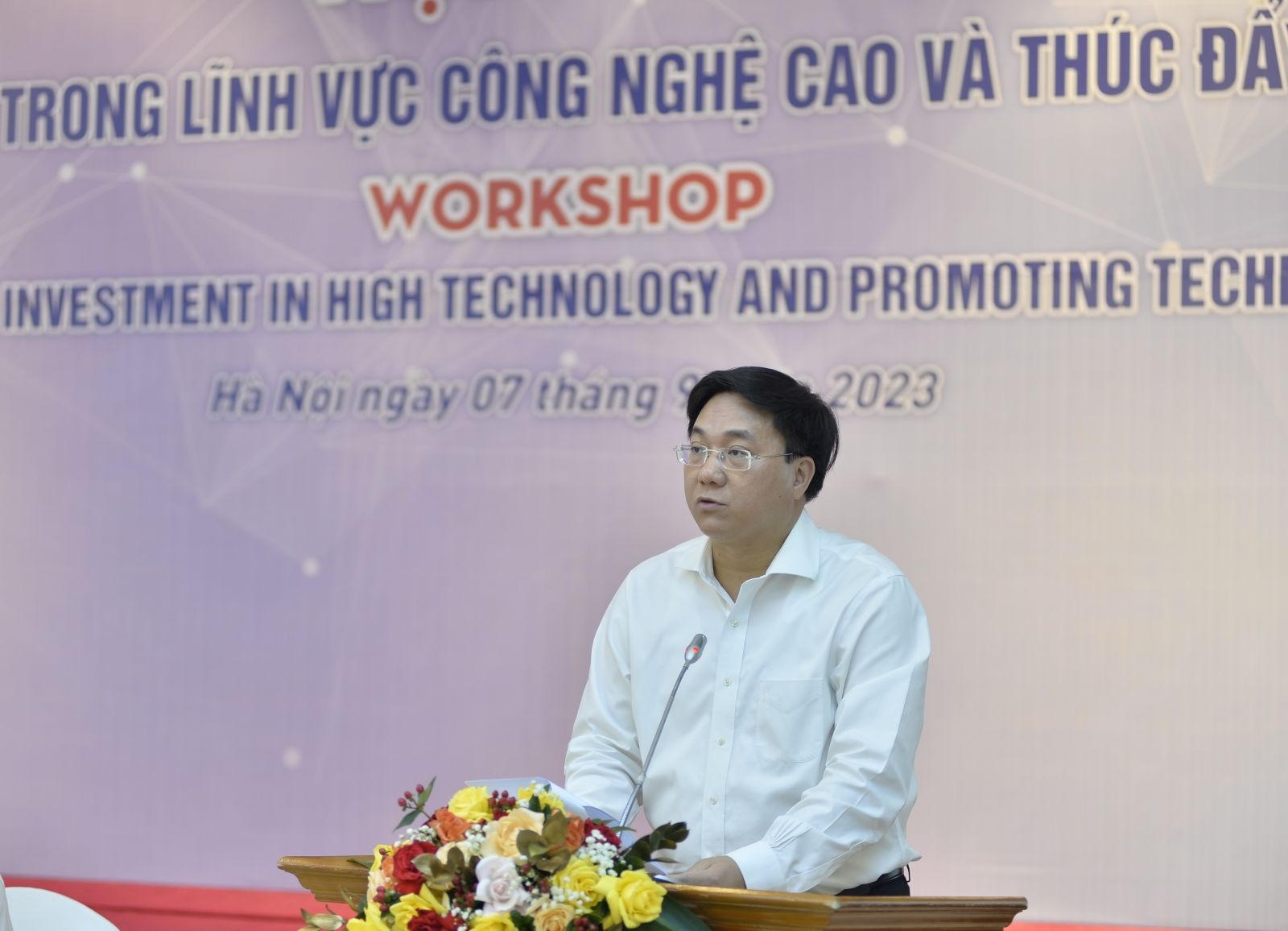 |
The Ministries of Planning and Investment (MPI) and Science and Technology (MoST) jointly held the conference on September 7 in Hanoi to discuss Vietnam's emergence as a prime destination for foreign direct investment (FDI), buoyed by its economic resilience and tech-forward approach.
"The last three and a half decades have seen foreign direct investment (FDI) play a pivotal role in Vietnam, significantly contributing to our achievements and the fundamental transformation of our national economy," said Deputy Minister of Planning and Investment Tran Duy Dong.
Vietnam currently boasts 38,084 active projects, with the total registered capital amounting to over $453.26 billion. The cumulative realised capital stands at around $287.1 billion, equal to 63.3 per cent of the total valid registered investment capital.
Specifically, in the first eight months of 2023, the country attracted 1,924 new projects, saw 830 project capital adjustments, and logged 22,268 foreign investor transactions in share contributions, registering nearly $18.15 billion in capital.
Furthermore, the nation has embraced fresh investment in the high-tech sector from giants like Intel and Samsung.
"The healthy investments from global tech conglomerates in our country is a testament to the rapidly expanding domestic market. Yet, to retain these giants, we must fortify our infrastructure, from technical aspects to utilities and skilled local manpower, ensuring a conducive environment," said Deputy Minister of Science and Technology Le Xuan Dinh.
Foreign-invested enterprises (FIEs) have been instrumental in spurring domestic businesses to improve productivity and innovation through competition pressures, with many Vietnamese companies seamlessly integrating into the production chains of foreign firms. However, while there are many achievements, certain limitations persist.
“It's not all sunshine and roses,” Dong said. “While technology adoption and investment in research and development (R&D) is growing, they still remain limited. The rate of successful technology transfer has yet to achieve anticipated outcomes."
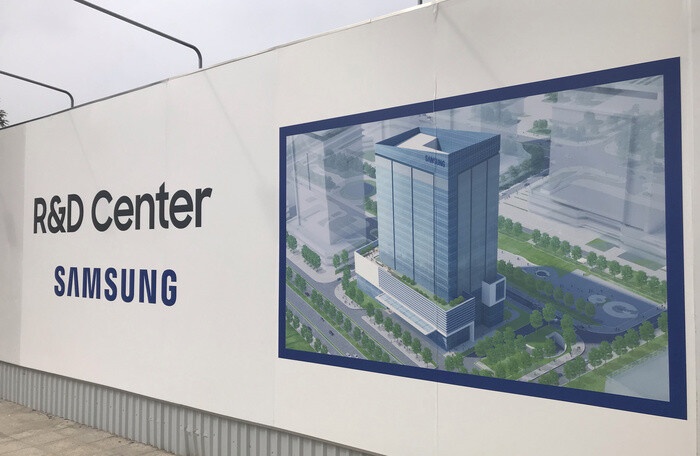 |
"From July 2018 to the end of 2022, there were 400 technology transfer contracts from FIEs operating in Vietnam. However, these transfers predominantly occurred between parent and subsidiary companies, with limited diffusion to the domestic sector," said Dang Dinh Tung, deputy director of the Department of Technology Assessment, Evaluation and Assessment under the MoST.
According to Tung, technology transfer contracts have primarily come from investors in Japan, South Korea, the EU, the US, and ASEAN, with the key sectors being electronics, telecommunications, automotive, motorcycles, pharmaceuticals, healthcare, petrochemicals, cosmetics, mineral extraction and processing, and construction.
"Data from the MoST reveals that over 100 major global conglomerates, such as Samsung, LG, General Electric, Intel, Panasonic, and Toyota, have invested in projects in Vietnam. However, only two of these, Samsung and LG, have set up R&D centres in Hanoi," Tung added.
The transfer of technology from FIEs to domestic firms remains a challenge, underscoring the need for a cohesive policy to encourage swifter mechanisms.
"There are calls for robust policies that foster synergies between local and foreign businesses, but local enterprises should also be urged to pivot and aggressively court tech transfers via licensing deals and intellectual property acquisitions. In essence, they shouldn't just wait for technology to come to them, but should actively pursue it," said Dinh. "Attracting foreign investment has been one of Vietnam's shining achievements since the initiation of the Reformation Policy in 1986, significantly bolstering our socioeconomic development and economic competitiveness while creating numerous employment opportunities."
Meanwhile, Tran Toan Thang, director of the International Department of the Institute of Development Strategy under the MPI, believes that problems with technology transfer can be more about Vietnam's ability to receive it.
"Many FIEs want to invest more in R&D and advanced technology in Vietnam, but they face challenges due to the lack of highly skilled labour available," Thang said.
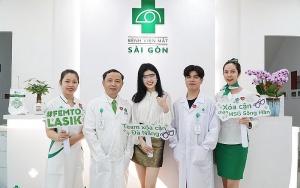 | KKR in talks to purchase Saigon Medical Group US global investment firm Kohlberg Kravis Roberts & Co.(KKR) is currently in discussion with Singaporean investment fund Heliconia Capital regarding the acquistion of the Medical Saigon Group (MSG). |
 | Apple relocates 11 manufacturing units to Vietnam Apple has finalised the relocation of 11 of its audio device production facilities to Vietnam, marking a significant shift in the company's global supply chain strategy. |
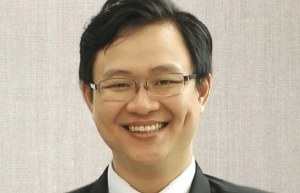 | How will GMT affect FDI in Vietnam? Vietnam has offered generous tax incentive policies to foreign investors in recent years to encourage them to establish manufacturing plants and processing facilities across the country. In return, such policies have strengthened Vietnam’s position as one of the region’s large manufacturing hubs and key participants in global supply chains. |
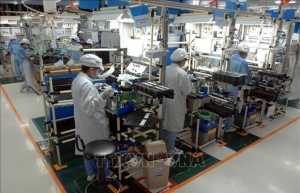 | Hanoi tops country in FDI attraction in first eight months Hanoi got over 2.34 billion USD of foreign direct investment (FDI) in the first eight months of this year, topping the whole country in FDI attraction during the period. |
What the stars mean:
★ Poor ★ ★ Promising ★★★ Good ★★★★ Very good ★★★★★ Exceptional
Related Contents
Latest News
More News
- Kurz Vietnam expands Gia Lai factory (February 27, 2026 | 16:37)
- SK Innovation-led consortium wins $2.3 billion LNG project in Nghe An (February 25, 2026 | 07:56)
- THACO opens $70 million manufacturing complex in Danang (February 25, 2026 | 07:54)
- Phu Quoc International Airport expansion approved to meet rising demand (February 24, 2026 | 10:00)
- Bac Giang International Logistics Centre faces land clearance barrier (February 24, 2026 | 08:00)
- Bright prospects abound in European investment (February 19, 2026 | 20:27)
- Internal strengths attest to commitment to progress (February 19, 2026 | 20:13)
- Vietnam, New Zealand seek level-up in ties (February 19, 2026 | 18:06)
- Untapped potential in relations with Indonesia (February 19, 2026 | 17:56)
- German strengths match Vietnamese aspirations (February 19, 2026 | 17:40)

 Tag:
Tag:

















 Mobile Version
Mobile Version